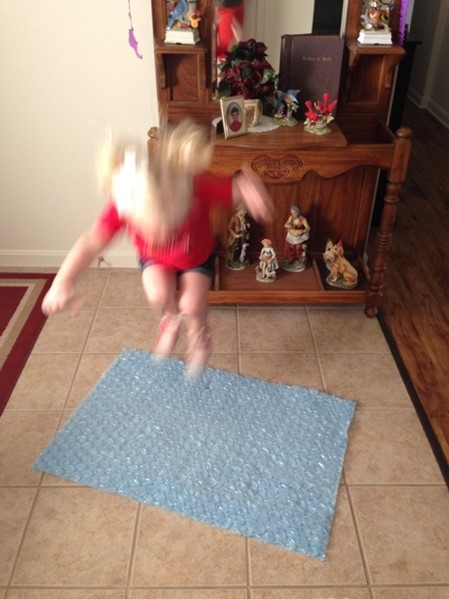Food allergies and intolerances cause eustachian tube inflammation in adults and children with and without fluid build-up. Eustachian tube information contributes to ear pain, ear infections, and even the ability to hear your own voice. Surprisingly, you may even experience difficulty keeping your balance. The why behind balance difficulties still astonish me.
Learning the Hard Way
I learned the hard way firsthand just how much an unknown food intolerance can cause knife-like pain in the ears. My daughter who had a casein intolerance left for the summer. I gleefully bought and indulged in eating too much ice cream. Ironically, after about a week, I started experiencing ear discomfort and mild congestion. I thought I must be reacting to something outside, a seasonal allergy. When my ears started to hurt with knife-like pain, I made an appointment with the audiologist and ENT doctor (ear, nose, and throat). Imagine my surprise when I learned that eustachian tube inflammation was disrupting the pressure in my middle ear. When the audiologist asked if I had changed anything in my diet, I immediately remembered my gleeful bowls of ice cream. Needless to say, my daughter must have inherited her casein intolerance from me. That was some expensive ice cream.
Eustachian Tube Inflammation Affects the Sound of Your Voice
During that summer, my voice sounded different to me. Did you know that sound from your voice travels through your skull bones and through your middle ear? Have you ever noticed how different your voice sounds when you are congested or have a cold? A cold, congestion, or seasonal allergies can cause inflammation in the eustachian tubes. Eustachian tube inflammation decreases the ability for sound to strongly stimulate the cochlea, and thus the inner ear’s vestibular chambers. I created an activity in the video, Who Knew Hearing Your Own Voice Affects Speech Fluency, to help you learn how sound travels along your skull bones to your ears. It is very important to hear your own voice strongly throughout your lifetime.
Inner Ear’s Vestibular System
The inner ear’s vestibular system helps coordinate head, neck, and eye movements. Decreased hearing from eustachian tube inflammation or hearing loss under-stimulates your vestibular system. Your vestibular system helps you complete countless tasks and activities every day. Your vestibular system helps you to:
- Walk on different surfaces.
- Walk upright vs. stooped over
- Keep your sense of balance
- Bend over to pick something up
- Track moving objects like catching a ball
- Ride a bike without falling
- Enjoy a car ride and swinging without feeling sick
- Tolerate the motion of a boat on the water
- Turn around in circles
Hyperactivity Is Good When There is Eustachian Tube Inflammation
Decreased hearing from hearing loss, eustachian tube inflammation, or poor ear, nose, or throat health under-stimulate the vestibular system. Countless research studies have shown the importance of movement for an infant, toddler, and preschooler’s brain development. Moving, thinking, and exploring are so important that researchers recommended no television time for toddlers until after age three. Researchers also recommended limiting games on iPad or cell phone, because physical motion helps develop visual processing skills. Researchers have also found wonderful cognitive benefits when older people find safe ways to experience movement. One popular therapy uses rocking chairs. I wonder if they know why? Actively rocking stimulates the fluid in the vestibular chambers. You are developing an infants’ brain when you hold them against your chest while singing and rocking.
At any age, our brain instinctively sends out signals. It is as if the brain is saying,
- “Move! I need you to be very active, hyperactive.”
- “Turn up the volume! I love that bass music.”
- “Talk more loudly so you can hear yourself and speak fluently.”
- “Keep your hands busy; I need the stimulation to listen.”
Test It Out for Yourself
When the auditory system is not properly stimulated due to eustachian tube inflammation or other ear health problems, the brain compensates by using movement to stimulate the vestibular system. For example, one of the best ways to get a teenager or even your sweetheart to talk is to go on daily walks. The young boy who struggles to speak will find it easier to share his thoughts while walking. I know, because I already tested it out. After three months of walking at least five days a week, my son who seldom spoke began talking my ear off.
Adult Brains Need Stimulation to Maintain Cognitive Functions
As people age, they can begin to experience age-related hearing loss which may or may not be connected to eustachian tube inflammation. Most of us have heard, “Use it or Lose it.” Now that I am old enough to be a grandmother, I comprehend that phrase on a whole new level. Movement, sounds, and sights are essential to maintain strong cognitive functions such as: word finding, memory, learning, and so much more.


















0 Comments